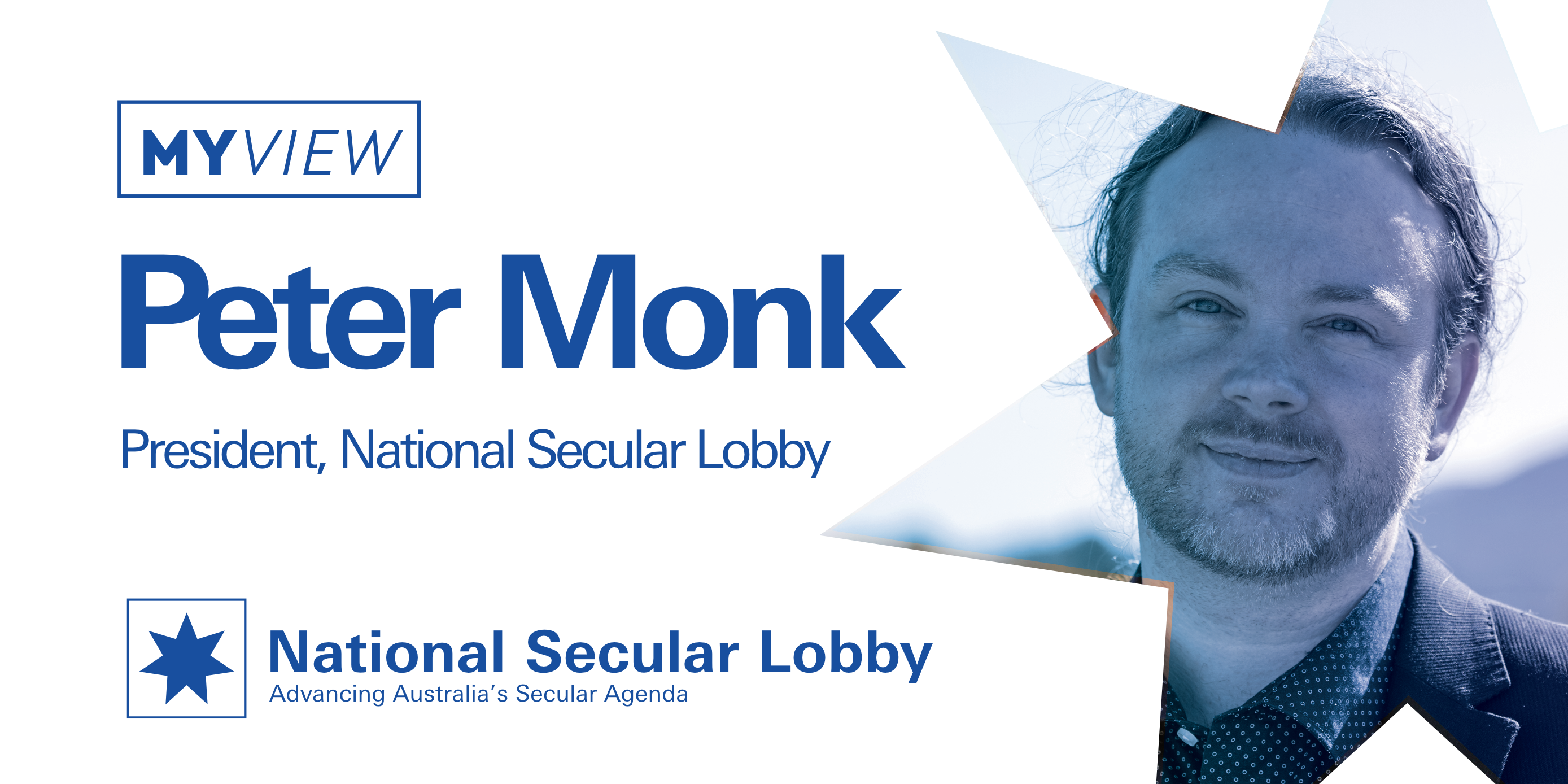Safe Access Zones: South Australia the last piece of the puzzle
By Peter Monk, President of the National Secular Lobby
This week, parliamentary discussion resumed on the creation of safe access zones around abortion clinics in South Australia. Such zones are already in effect in every other state and territory in Australia, with the exception of Western Australia, where they are expected to come into effect later this year.
As in most other states, the proposed SA access zones will cover any public area within 150 metres of a protected premises. The purpose of these zones is to protect women's rights to health, safety, privacy and dignity when accessing abortion services.
There is a long history of anti-abortion protesters picketing clinics. Protesters often characterise themselves as ‘sidewalk counsellors’ but have employed various methods of persuasion, including verbal abuse, threats, impeding entry to clinics, and displaying violent imagery. Sometimes women are also photographed against their will.
These are deliberate attempts to humiliate and distress, and if they did not occur on a regular basis, there would have been no need for safe access zone legislation.
Following a challenge in 2019 by two protesters charged under safe access zone laws, who maintained that the laws imposed impermissible burdens on the freedom of political communication, the constitutional validity of the zones was upheld in a decision by the High Court in which the judges unanimously affirmed their importance. As one Justice said, "...women seeking an abortion ... are entitled to do so safely, privately and with dignity, without haranguing or molestation."
The Australian Christian Lobby have gone so far as to label South Australia the ‘clamp down state’, when SA is, in reality, merely joining every other state in granting women this most basic right to free agency. Clearly, the assumption is that the right of protesters to register their public disapproval of a woman's personal choice is superior to a woman's right to seek medical care without interference.
The ACL also complain that "many women are funneled into abortion with no alternatives provided." I have no objection to the ACL, or any other group, providing alternatives to abortion. Start up a drop-in advice centre or an abuse shelter; create a website that offers online counselling; offer a free telephone advice hotline; or offer interest free loans to women for whom finances are the primary concern. If people want to pray for these women at home or in church, they can do so. None of these many options for action are being denied. The only option being taken off the table is the one that allows groups to physically confront women at their most emotionally vulnerable points.
Freedom of religion is not absolute and, per the ICCPR, the international treaty from which we take much of our guidance on religious freedom legislation, it is not meant to be. There is no limitation on what you can believe, but there are limitations on what you can do in manifesting those beliefs.
Too often, religion stakes itself out as a superior value system simply because it is religious in nature. The Morrison government's contentious Religious Discrimination Bill is a prime example of this, as it grants religious belief a more privileged legal status then philosophical belief.
Religiosity in itself is not an objective assurance of rightness. The choices that private individuals make in regards to their own lives and bodies should not be subject to public scrutiny and judgement by others simply because these others feel some moral superiority.
It may well be the case that not all abortion protesters are protesting on religious grounds – and the point above, relating to people who feel a moral superiority, applies equally to philosophical disagreement. If you do not believe abortion is morally right, you are free to ignore its availability and, indeed, to continue to argue against it.
Some claim that safe access zones stifle free speech. But for good or ill, we have no legal right to free speech here in Australia.
Before the 2019 election, Scott Morrison rejected Labor-proposed federal abortion and safe access zone laws as he felt it was up to each state to legislate on the issue. And in fact, all the states have made their own laws, and they all seem to feel the same way. Isn't it now time that Australia had a single piece of legislation that guaranteed a consistent standard of freedom and protection for women across the country?
South Australia is not the ‘clamp down state’; it is the last piece of the puzzle needed to complete the picture.
Follow Peter on Twitter at @PeterMonkNSL.


